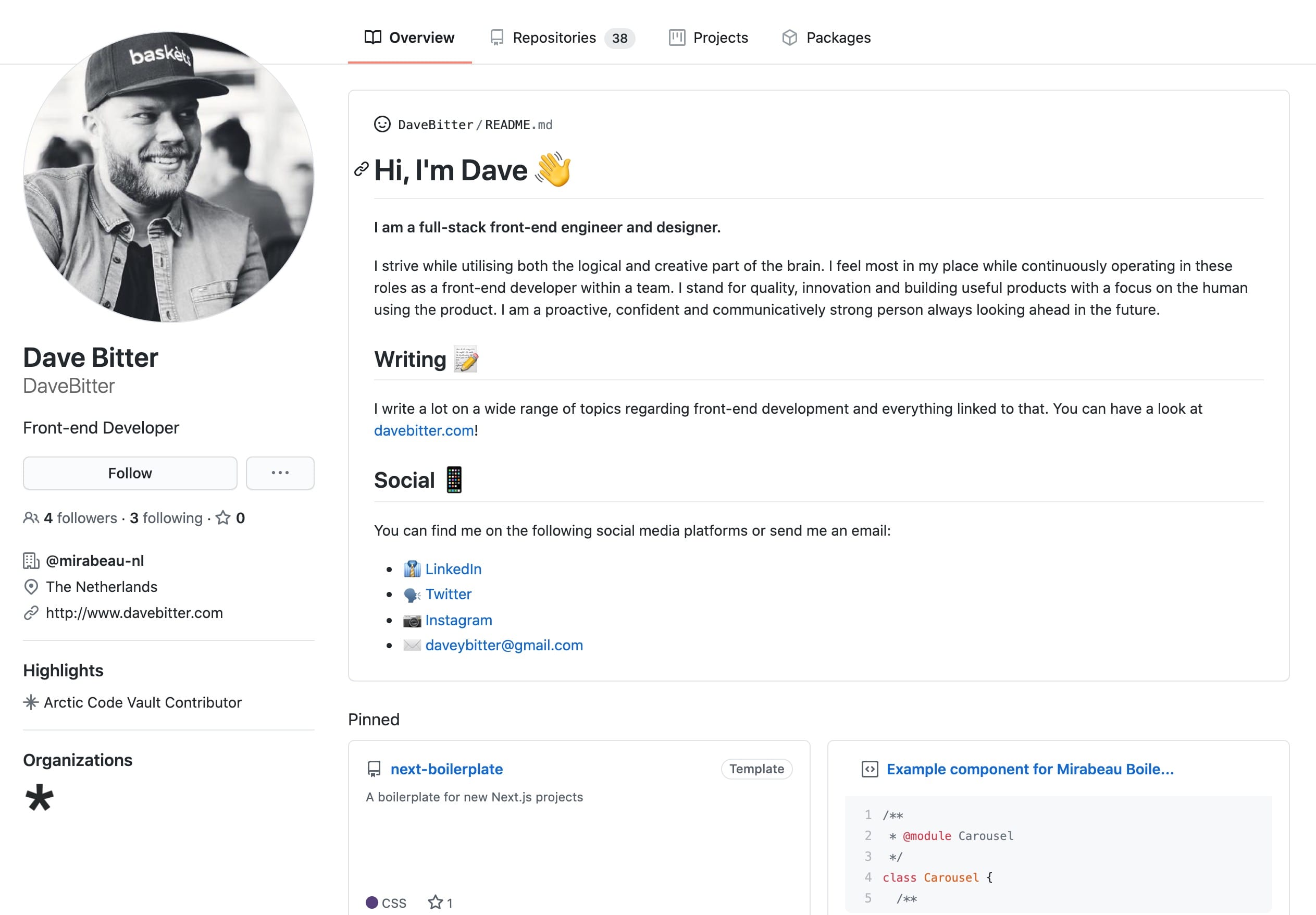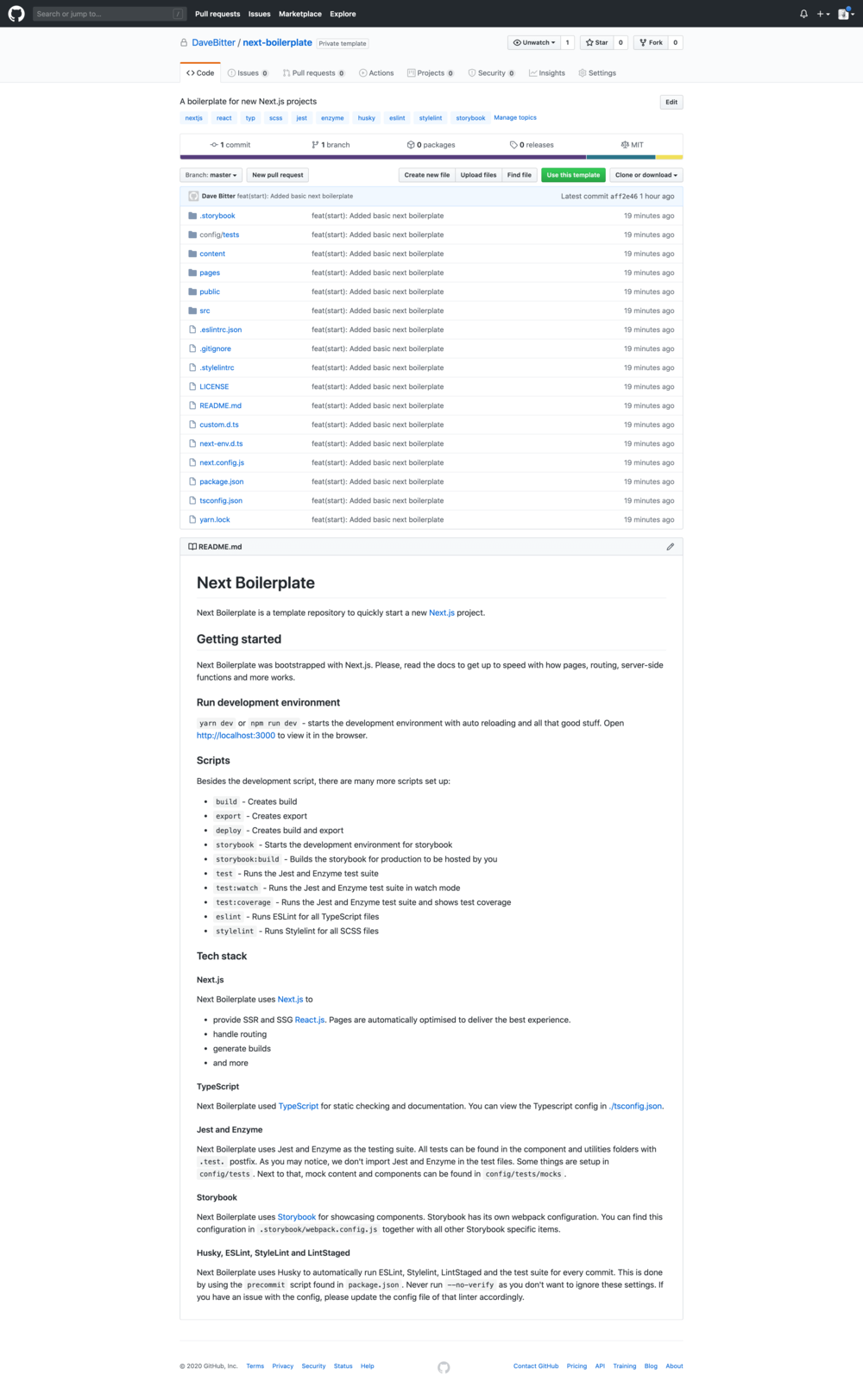Full disclaimer, I came across this solution watching a 45-second video by Fireship on Youtube which you can watch here. All credits to them. I'm a fan of reading these at my own pace, how impressive 45 seconds is though, so here it is in writing.
The problem
Let's use the following example:
const foo = async () => {
const a = await bar();
const b = await bar(a);
const c = await bar(b);
return a + b + c;
};
Not to bad right? Watch what happens if we introduce try-catch to handle errors:
const foo = async () => {
let a;
let b;
let c;
try {
a = await bar();
} catch (error) {
handle(error);
}
try {
b = await bar(a);
} catch (error) {
handle(error);
}
try {
c = await bar(b);
} catch (error) {
handle(error);
}
return a + b + c;
};
Not so pretty now. You end up with, as Fireship calls it, the try-catch tower of terror. You can of course append the catch method to the each promise like so:
const foo = async () => {
const a = await bar().catch(error => handle(error)); // or .catch(handle)
const b = await bar(a).catch(error => handle(error)); // or .catch(handle)
const c = await bar(b).catch(error => handle(error)); // or .catch(handle)
return a + b + c;
};
Yes this works, but there is still a lot of repetitive code which we ideally don't want. The solution is to write a helper function that implements one try catch that replaces the others:
const helper = async (param) => {
try {
const data = await bar(param);
return [data, null];
} catch (error) {
return [null, error];
}
};
We return an array that will contain either the data or the error. We can then use it like so:
const foo = async () => {
const [dataA, errorA] = await helper();
const [dataB, errorB] = await helper(dataA);
const [dataC, errorC] = await helper(dataB);
return dataA + dataB + dataC;
}
This is looking pretty clean. Now we can also easily handle an error with an if statement:
const foo = async () => {
const [dataA, errorA] = await helper();
if (errorA) {
}
const [dataB, errorB] = await helper(dataA);
const [dataC, errorC] = await helper(dataB);
return dataA + dataB + dataC;
}
That's it, thanks for reading!






